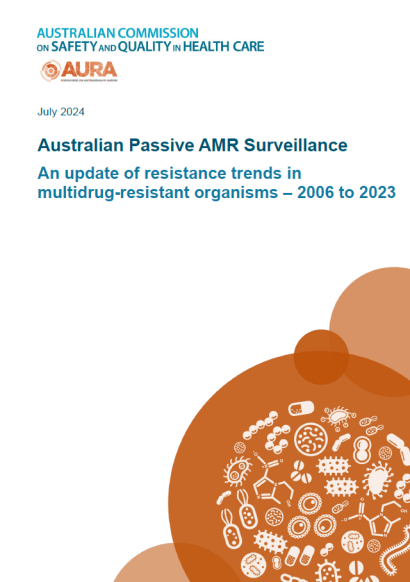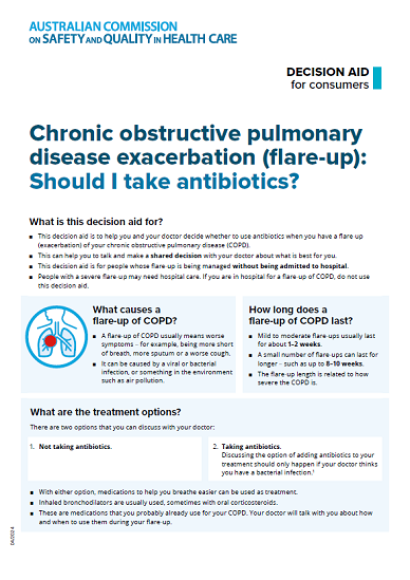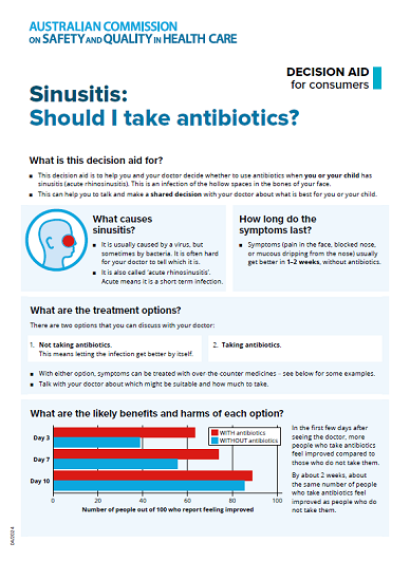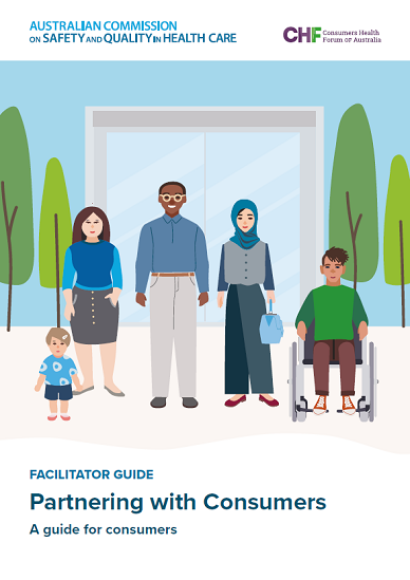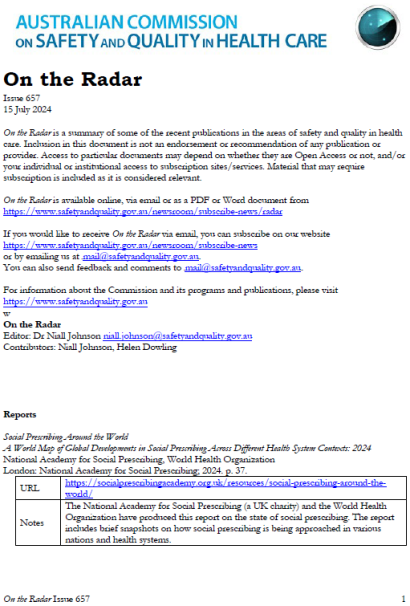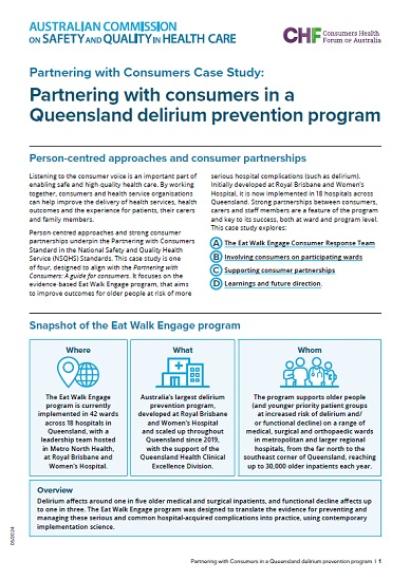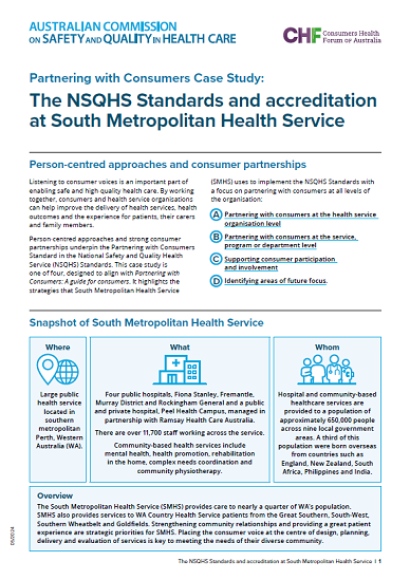This report provides analyses of data captured by Australian Passive AMR Surveillance (APAS) on antimicrobial resistance trends in multidrug-resistant organisms (MROs) from 2006 to 2023. The MROs included are:
- Vancomycin resistance in Enterococcus faecium (VRE)
- Fluoroquinolone resistance in Escherichia coli
- Methicillin resistance in Staphylococcus aureus (MRSA).
Released July 2024

